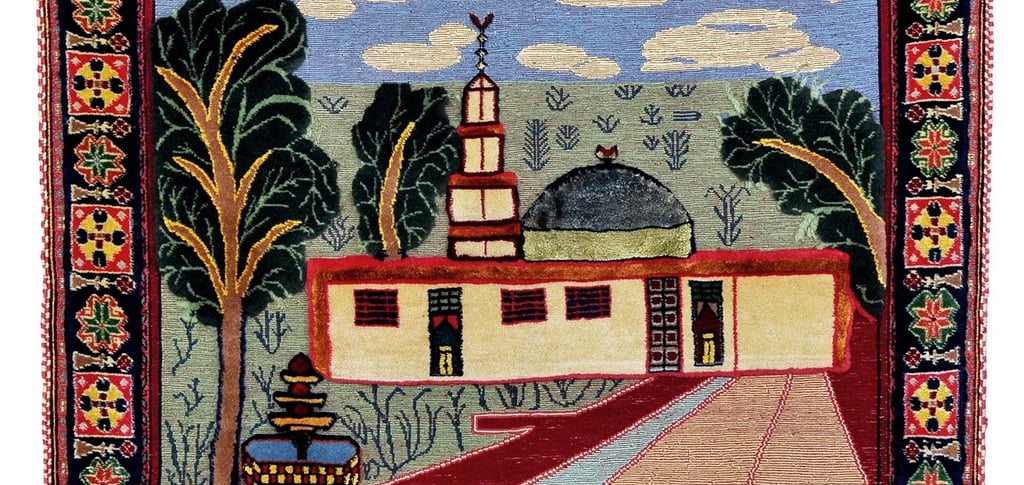Migration of Form
Looking for collaborators on Caribbean art project.
7/24/20211 min read


Kuwaiti/Puerto Rican artist Alia Farid invites Muslim communities, mosques, schools, businesses, restaurants and cultural centers from the Middle Eastern and South Asian diaspora in the Caribbean to participate in an art project and cultural exchange. The project is a study on the histories of migration from the Middle East and South Asia to the Caribbean as well as resulting translations and adaptations of tradition and forms, particularly architecture.
The end result is an ever-expanding series of tapestries commemorating the under-told histories of Middle Eastern and South Asian migration to the Caribbean. Each tapestry depicts a mosque/cultural center/local business which can be found somewhere in the region. This is achieved in dialogue and engagement with multiple Muslim communities across the region, by inviting them to photograph cultural spaces of exchange as spaces where part of an identity and heritage is formed and sustained. The photographs subsequently travel to weaving studios in Egypt, Iran, and Kuwait amongst others where Farid works with the local weavers, using the photographs as a point of departure to translate the photographic information into woven work.
You can see some examples of the previous tapestries HERE.
If you would like your business or community center to become part of this art piece, please get in touch by writing an email with the subject line ‘Migration of Form’ to: studioaliafarid@gmail.com.
About Alia Farid: (b.1985) Farid lives and works in Puerto Rico and Kuwait. She has a Bachelor of Fine Arts from la Escuela de Artes Plásticas (San Juan, Puerto Rico), a Master of Science in Visual Studies from the Visual Arts Program at MIT (Cambridge, Massachusetts) and a Master of Arts in Museum Studies and Critical Theory from the MACBA Independent Studies Program (Barcelona, Spain). Through a multidisciplinary practice that ranges from writing and drawing to film, sculpture, and installation, her work gives visibility to narratives that are obscured by hegemonic power.
